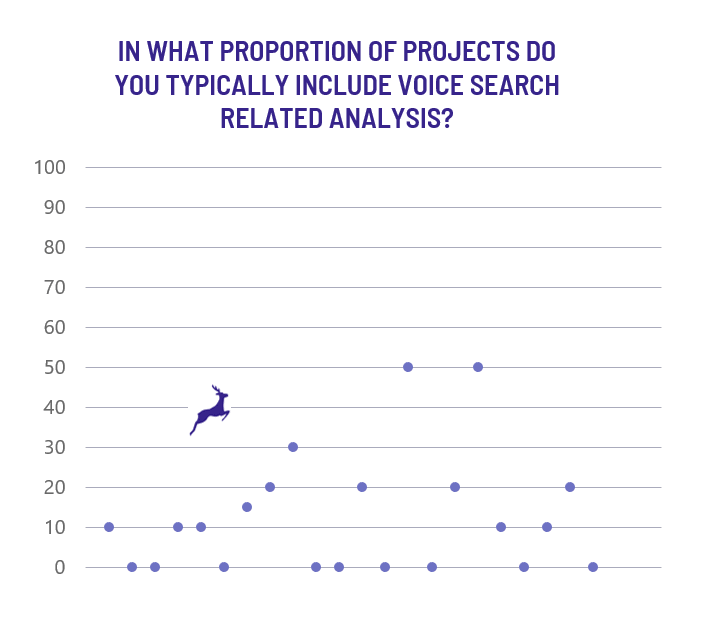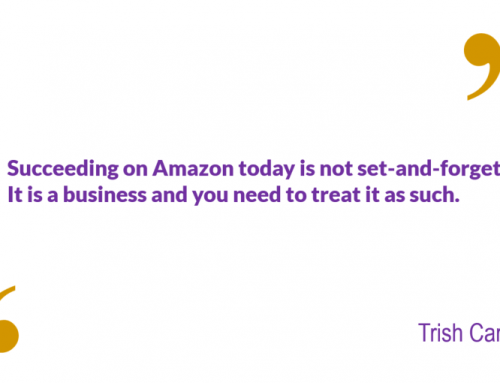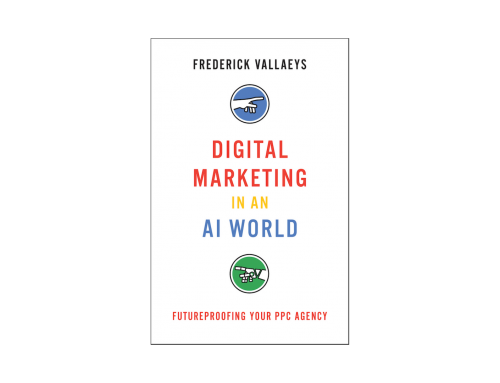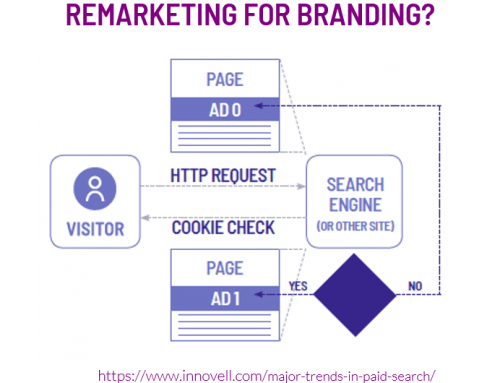Do you remember that time when you where discussing a topic with friends and suddenly you were targeted with ads on your mobile phone for products related to that topic? Gives you the shivers, doesn’t it? This happened to friends of mine and maybe it happened to friends of yours too?
If anything like that were really happening then privacy has indeed died away and we are living in a world surrended by GAFA Big brothers. But it would be simple wouldn’t it? Google, Amazon, Apple, Microsoft all activating the speaker on your phone, transferring the data to a machine-learning data center, recognizing the speech and then words and topics. They know how to do all of this and could therefore use this data treatment to put you on an “inmarket” list of hot prospects for products related to the topics you were just discussing with your friends. Once you are on the “inmarket” list of profiles, advertisers will automatically target you.
Naa, this is too creepy.
As far as we know, none of this is happening although it makes for a good story. It goes hand in hand with the email you just got from a “hacker” who knows everything about you and who has registered a video of you while you were watching porn and is ready to release it to all your friends on social networks. That is of course even more creepy and even more a made up story. I believe you are safe for now.
Voice search is receiving a lot of attention in 2019, especially from the SEO community and because of the “Position Zero” in Google results, the one where Google shows content they scraped from your page – featured snippets – to give an answer to the users’ query without having to do one of those cumbersome clicks everybody tries to get from Google. This creates a rise in what Rand Fishkin nailed as “zero click searches” in this article.
But how important is voice search really? As always there is a lot of hype and when you look for statistics you mainly run into a Comscore prediction which nobody seems to be able to place. Voice search will NOT represent 50% of searches by 2020, please! Thanks, Econsultancy for putting that right.
We also did not find the source for “40% of adults perform a voice search per day”. Looking through sources, there are some circular references, and mostly survey results or predictions but no actual usage statistics. We are therefore making the following prediction:
2019-2024 is going to be the year of Voice Search
(like 2010-2015 was the year of Mobile)

In our survey of leading paid search teams for the Search Trends report, we naturally asked questions about the use of Voice search. What do you know, perhaps there is value in mining voice search queries to better understand the end-user journey and intent? Very disappointingly hardly anybody cared about voice search as seen in the illustration – and they are of course right. The main usage of the concept of voice search seemed to be in the keyword research phase.
Advertising in Voice Search
There is not yet an advertising interface for voice search. It looks like the monetisation by search engines is based on the device – Microsoft use Cortana to sell Windows, Google use voice search to sell Android phones and Google Home, Apple use Siri to sell iPhones and Amazon is all about the Echo. Once they’ve sold those devices, however, how will they justify continued investment in this race for Gold? At one point they are likely to want to use advertising are they not?
Q: If Google searches are increasingly done by voice, they could be losing revenue from ads in other channels and we can’t have that, can we?
Ad: “The following answer is brought to you by Innovell, provider of Digital Marketing Insights.”
A: “No, we can’t have that, that is not the way Google works – Google really cares about revenue and is not famous for shooting itself in the foot”.
The above example is the “sponsored by” approach and it is one of various ways in which Voice search could be monetized. Historically, Search advertising was such a non-interruptive advertising model but we have learnt from Youtube advertising that there is no longer any anti-interruption philosophy in Google. They are happy to stop a video to give you advertising before it picks up again just like Facebook. Would they stop half way through the answer and put an audio-ad in, though?
We can only really see 5 options for monetizing voice search with advertising as illustrated in the voice-activated Answer Engine overview below:
 a) Pre-roll
a) Pre-roll
b) Screen-synch’ed
c) Paid answer
d) Post-roll
e) Data-driven
(No, we did not include interrupting the voice answer with an ad in the middle as an option.)
Elegant advertising
Shall we be noble for a moment? We love search marketing because it is such a smooth and un-interruptive model. We hate interruptive advertising as in stealing your attention away from something else. We also dislike option C) above – imagine that the answer itself is paid-for. You asked a question and you get an ad response. We are not convinced this would even work as a user experience and find it unlikely that this is approach would be adopted.
The easiest and most obvious solution would be the pre-roll. It is a proven model in online video, on TV and on the radio. “This answer was brought to you by….” Inserted before the answer itself. But from a user-interface perspective, voice search is being adopted because it is convenient and an ad pre-roll would really ruin that user experience.
In the area of elegant solutions, there would be ads on a synchronised screen. However, it would likely not be very effective as your attention will be on the voice answer. The most effective approach would be voice. Voice ads before or after the voice result – maybe after the search result would make sense?
Whichever advertising model finds it way into Voice search, there is actually a very good chance that voice search providers will want to use the data as well in the way we mentioned above. It may be the best way to monetize the searches.
Shall we let the creep in?
This post is based on an extract from the #searchtrendsreport found on https://www.innovell.com/major-trends-in-paid-search/
It is also written simultaneously with the podcast with Jason Barnard AnswerEngineOptimization (Search & Shopping – where are we going in Ads?)
https://kalicube.pro/podcast-series/search-y/ahjorth
After publication, this very relevant podcast was published on The Guardian, “Is Facebook spying on you”: https://www.theguardian.com/news/audio/2019/apr/08/is-facebook-spying-on-you
This survey claims 59% of users believe they have been retargeted with ads based on what they said via voice. https://www.signs.com/personalized-ads/
The Facebook point of view in this podcast: https://www.independent.co.uk/life-style/gadgets-and-tech/news/facebook-listening-listen-does-is-microphone-app-phone-mark-zuckerberg-a8299281.html





